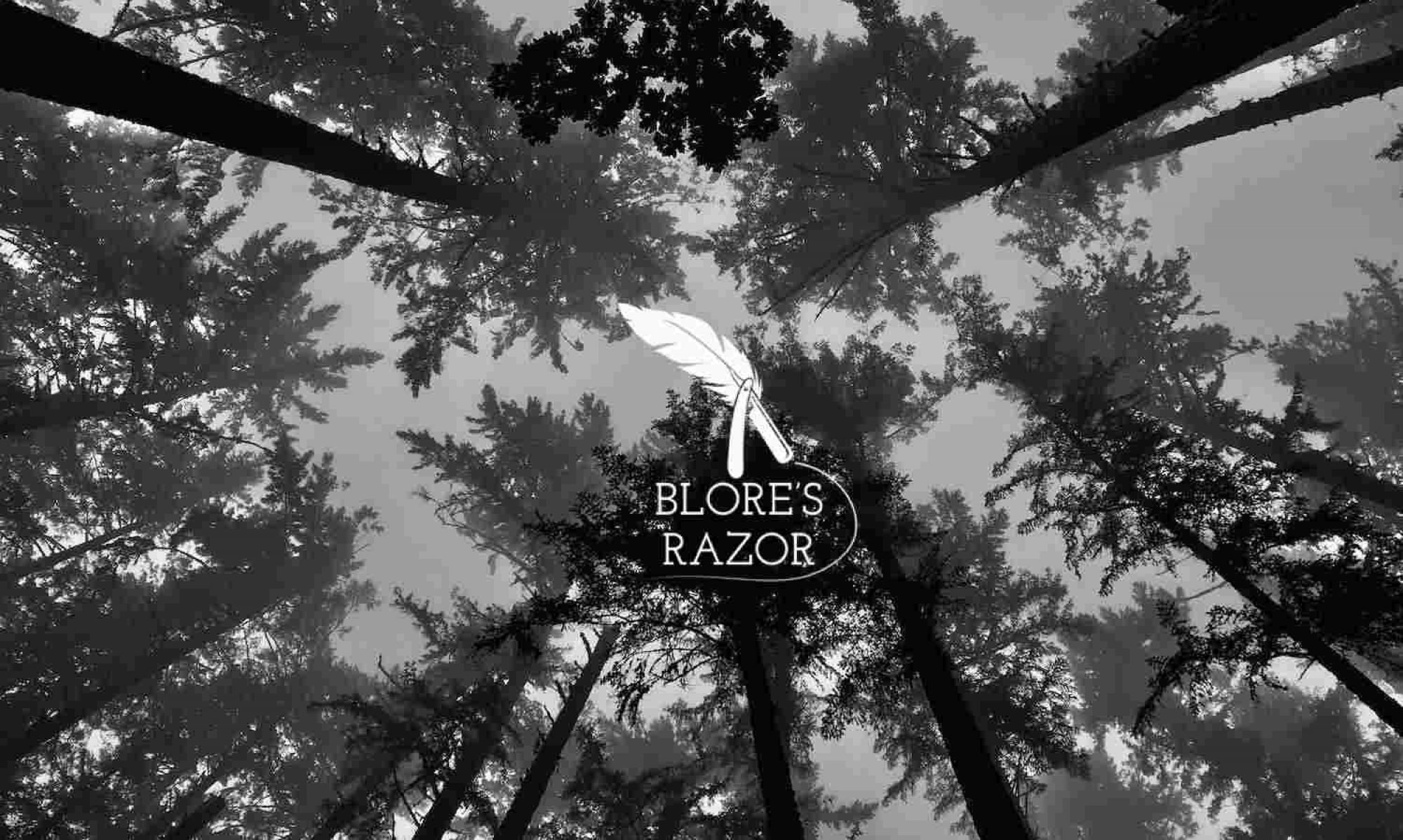As the turbulent Trump era draws to a close, the ties that bind this nation are frayed beyond recognition. Conservatives and progressives have locked horns in an exhausting battle for the future of our country, each side convinced that the victory of the opposition would destroy us from within.

The Republican Party warns of the rise of the “radical left” with antifa at the helm, seizing the hard-earned cash of everyday Americans and burning down the suburbs. The Democratic Party paints the GOP with the broad brushes of racism and misogyny while arrogantly touting its superior academic pedigree and command of scientific facts.
Both of these approaches betray an American zest for exaggeration and self-righteousness, but we aren’t completely to blame for this divide. From behind our computers and cell phones, 2020’s Virtual Civil War has Facebook, Twitter, and YouTube stirring us all into a frothy indignation. They feed us alarmist headlines that fuel our mutual suspicion and animosity. Social media companies understand that there’s no motivation to consume information in the middle—there’s no profit in the compromises.
To keep us scrolling, we must feel the minute-by-minute existential dread of an enemy. Big tech has mastered this and they dance on our nerves to extract our attention.
We are so much more than our tech-manufactured hate, and there is still common ground among us. The United States was founded on the principle that all people are created equal. While non-whites and women were excluded from this historic covenant, its modern application can provide a salve for our wounds and help reweave the fabric of our nation:
We must recognize and respect the differences among individuals, evaluating each person on their actions—malicious or benevolent—and not their skin color, gender, physical ability, wealth, education, political affiliation, culture, religion, or whom they love. We cannot impose our own rigid ideas about how individuals should live their lives.
Accepting diversity as the bedrock of our country is much easier than fighting to bend others to our image of society. Even ideas that disgust us deserve their day in our marketplace of free speech. We cannot take it personally because our Constitution protects it.
Accepting human diversity in all of its forms will also diffuse our fear of others. When we approach individuals on a platform of mutual recognition and respect, we can stop wasting energy on anxiety and discomfort.
We must understand that a majority of people in the United States and around the world are good and have similar desires for activity and connection. We share much more than differentiates us.
We’ve lost sight of what unites us because conflict is more lucrative. Conflict not only keeps us scrolling maniacally through our phones, but it also serves to justify the seizure of power and resources, both within this country and internationally. We cannot feel honorable about suppressing peaceful dissent at home or invading nations abroad unless we feel tension with a group of outsiders. The manufacture of conflict and the othering of strife’s victims are intentional acts by those seeking control.
We also gravitate toward simple explanations for complex phenomena. It’s easier to make assumptions based on someone’s appearance than it is to grasp a complicated and messy reality. This weakness is not difficult to exploit. It’s been used to drum up fear against immigrants, people of color, and women. And yes, it’s even been used against white men, when they’re assumed to all be a part of the same privileged tribe.
No individual should be reduced to one observable trait. We are all so much more than the way we present to others. You can’t tell someone’s story or beliefs by looking at them—you just have to ask.
Think about your own individuality. Would it be fair for someone to reduce you to your skin color or gender, or is there more to you? Just as you’d like to be received with an open heart and an open mind, extend this respectful curiosity to others, who crave connection just as you do.
We’re all destined to remain in near-total ignorance of unique individuals in our short lifetimes. There’s unity in accepting that.
